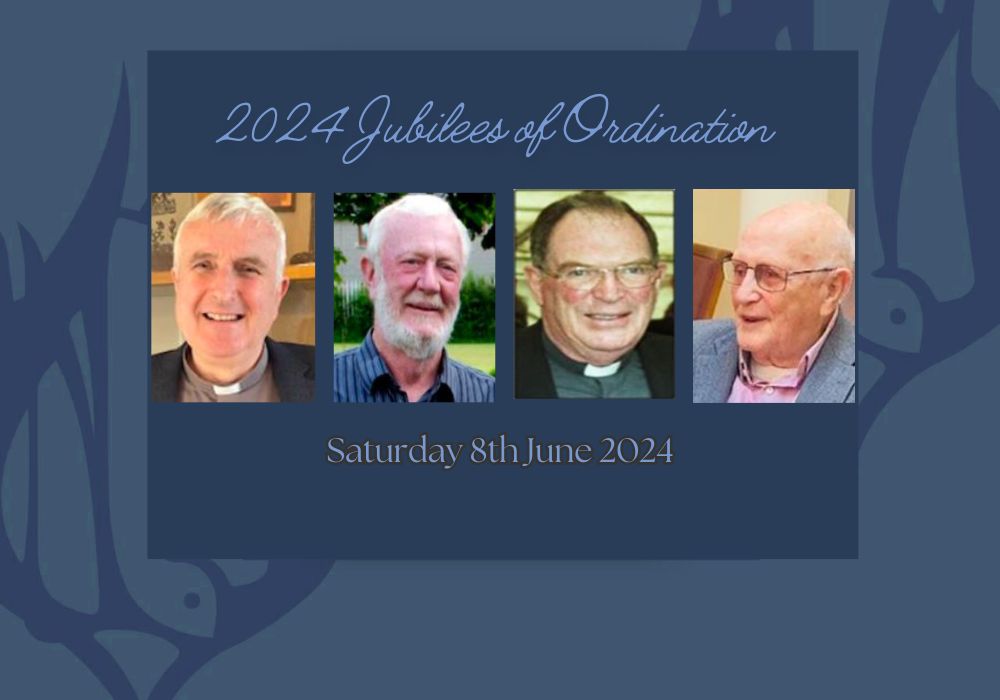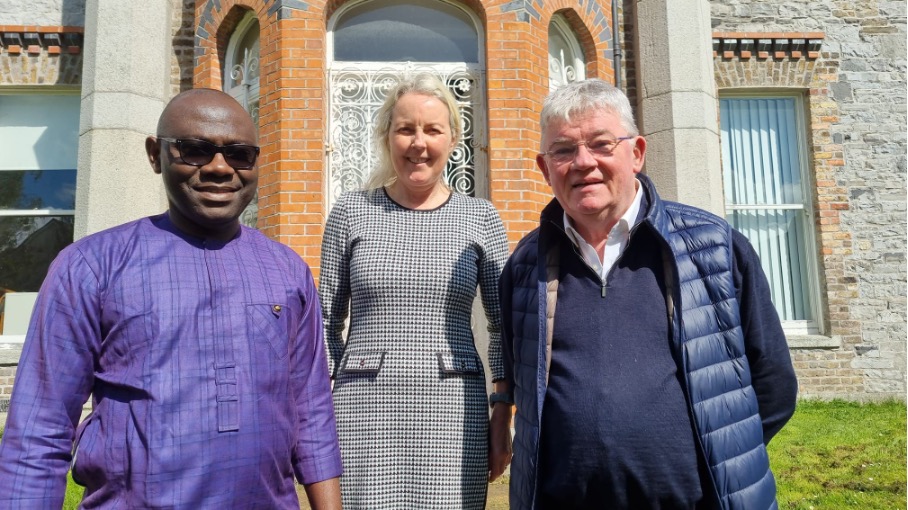JN 9: 1 – 41 (http://www.usccb.org/bible/readings/032220.cfm)
There are very few original thinkers; most of us parrot what has been presented to us. Furthermore, in today’s world of social media, what we read and what we listen to, by and large, come from what we like. It is our social media feed that presents us with news stories, views and opinions that conform with what we already accept unless we deliberately search for contrary perspectives. A lot of the convictions that we hold are, in reality, little more than social conventions. Every now and then we need to stop and ask ourselves ‘Is what we believe on a particular topic actually true or is it simply a convention commonly held in society?’
The question asked of Jesus in today’s Gospel, “Who sinned, this man or his parents?” may sound really odd to us. With our modern sensibilities, it is inconceivable that a condition, illness or disability would result from a personal moral flaw, never mind a moral failing of one’s parents. Yet this belief was commonly held in Jesus’ time. Hence the above question.
But we might say: ‘that was then!’ It is true that nobody would believe this today but it does beg the question, “Are there viewpoints, opinions, even beliefs that we accept uncritically?”
Two more recent examples:
i In the mid-1970s, when my father was a young man with a young family, a housing estate was being built in our village. At a public meeting, some people were concerned that houses would be offered to unmarried mothers. After one person expressed this concern my father stood up. With a twinkle in his eyes, he said that he agreed with everything that the previous speaker had said, and furthermore, he believed that no houses should be offered to people with red hair! His ridiculous example exposed the equally ridiculous agenda of discrimination that had common currency among many members of the community.
ii Soon after the fall of the Iron Curtain, in the early 1990s, I spent two summers working in a Romanian orphanage. I soon learnt that most of the ‘orphans’ were not orphans at all; their parents had bought into the idea that their child’s welfare would be enhanced in the orphanage. The same dynamic was in play in thousands of orphanages throughout the country. The entire nation, it seemed, had bought into the idea that it was acceptable to put a child born with any disability – or a child whom you could not afford to feed – in the orphanage. It seems bizarre to us that, though life expectancy in the orphanage was very low – the building from which volunteers operated was a former morgue – almost the entire nation had come to accept so uncritically that it was a legitimate thing to do.
Who sinned to cause blindness? Those who have children before marriage should be treated with less dignity than others! In some circumstances it’s acceptable to abandon children!
All these incredible positions were at some time uncritically held by large numbers of people. Do we too uncritically hold views, opinions or beliefs that future generations will be aghast at?
Image by Arek Socha from Pixabay








